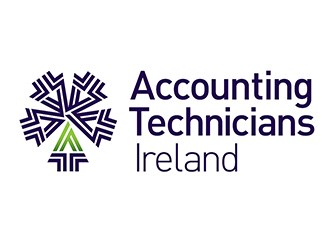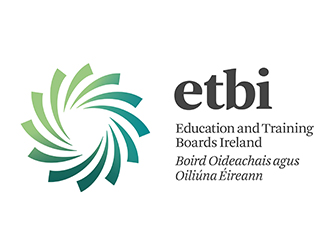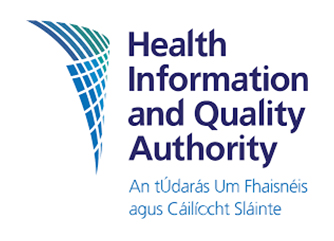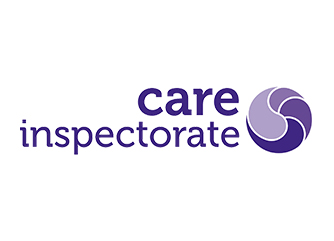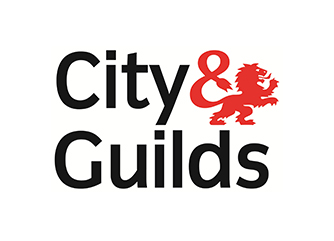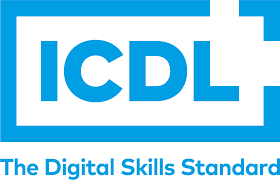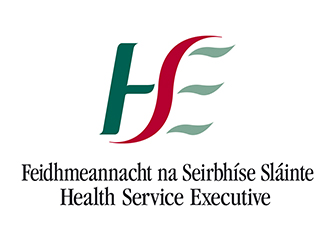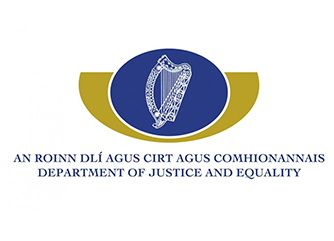A psychological assessment helps us to learn more about a person’s thinking, learning and behaviour. We have tried below to answer the questions that our psychologists get asked
most frequently before people come for an assessment. If you need to know more, please contact us by phoning 0871490640 or emailing assessmentservice@nln.ie.
- Interviews
- Observation
- Testing
- Consultation with other professionals
- General intellectual level
- Language
- Memory and learning
- Problem solving
- Planning and organisation
- Fine motor skills
- Visual spatial skills
- Academic skills (reading, maths, spelling and writing).
It might also include an examination of attention, behaviour, social skills, emotions and other factors which may be important to a person’s well-being.
A psychological assessment is helpful in identifying strengths and difficulties. It may help us to recommend treatment to help with any behavioural or educational difficulties. By detecting problems, an assessment can be used:
- To assist in planning a child or adolescent’s school programme
- To identify needs for resources and special services in school
- To help you access resources in your community
- To prepare for the transition from primary to secondary or secondary to third level
- To be eligible for exam accommodations
- To be eligible for DARE entry to third level
- To be eligible for the Fund for Students with Disability in third level
It is important you talk to your child about what will happen before the assessment. Your child will feel less anxious when s/he knows what to expect. For younger children, you may wish to emphasize the play part, focusing on puzzles and games. For older children or
teenagers, it is often helpful to describe both games and school-type work, but there are no marks or grades given. For adults, it is a way of determining learning strengths and weaknesses and sometimes receiving a diagnosis of Dyslexia for example. Often this is a relief for many adults as it explains why they may have found school so difficult while growing up.
Most psychological assessments are scheduled during the morning or early afternoon when most people are at their best. If you or a child has recently been sick or is experiencing significant difficulties in sleeping, it is important to contact us as soon as possible before the scheduled appointment to discuss how this may affect performance in the assessment.
If you wear glasses or a hearing aid, please make sure to bring these on the day. If possible, please forward any copies of reports from any previous assessments, such as from another psychologist or therapists.
Different assessments focus on different things, such as:
- Memory and learning
- Language or academic development
- Behavioural and emotional development
The type of assessment will be directly related to the referral information that we have received in advance of the appointment. This referral information will contain the reason that someone has been referred for the assessment.
It is not unusual to have some concerns before a psychological assessment. These may include a concern that the results of the assessment will be circulated without your permission, or that you will not receive sufficient feedback on the assessment. It is a good idea to discuss these concerns with the psychologist. The psychologist will be able to answer your questions and to reassure you about the assessment process. You can contact us on 01-8851386 or assessmentservice@nln.ie.
Your psychologist will meet with you for feedback to discuss the results. Sometimes feedback is offered on the same day as the assessment, sometimes it takes place at a later date. A written report will be completed, outlining the results of the assessment and the recommendations. You will receive a copy of this report, and be given an extra copy for passing onto other relevant third parties.
With your written permission, copies of the report can be sent to other professionals that you may be involved with.




